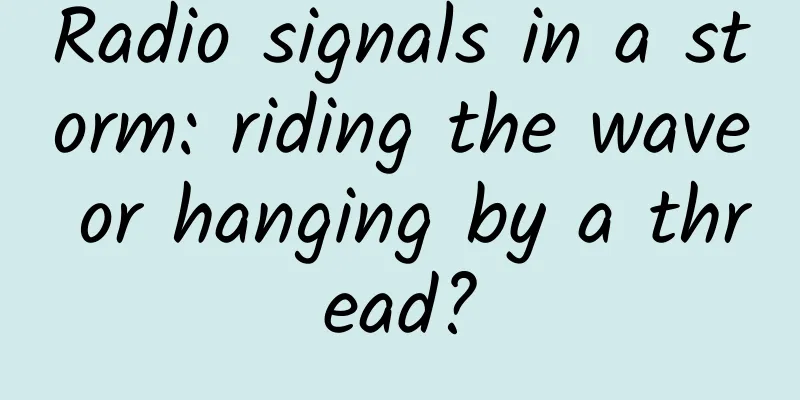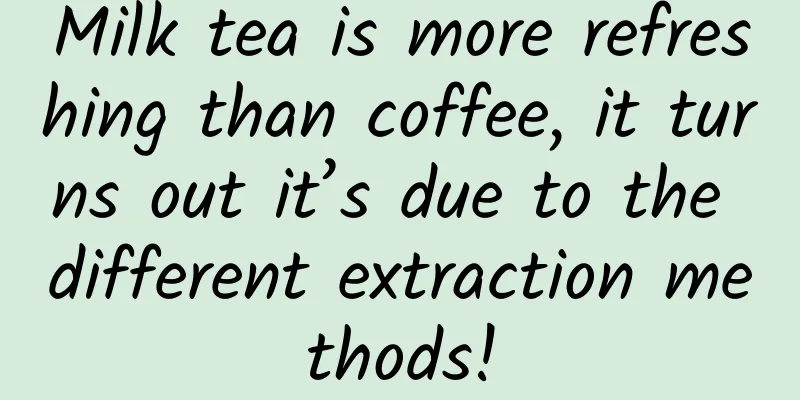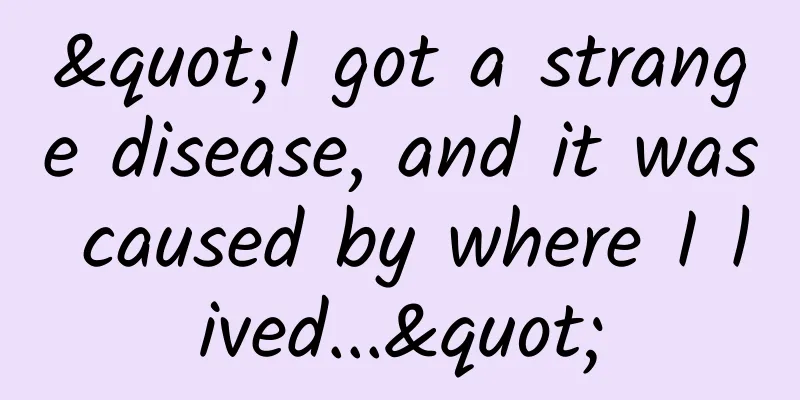Radio signals in a storm: riding the wave or hanging by a thread?

|
With thunder and lightning, howling winds, and pouring rain, when a storm is raging, we may hide in the house and feel the wildness of nature. But did you know that this seemingly ruthless storm also has a significant impact on the radio signals on which we depend for survival? Signal attenuation : Storms are the "signal killer" Raindrops, hail, and snow are common "signal killers" in storms. They are like tiny obstacles that absorb and scatter radio signals, causing signal strength to weaken or even completely interrupt. The larger the diameter of the raindrops, the more severe the attenuation of the signal. Generally speaking, the higher the frequency of the radio signal, the faster it attenuates. For example, mobile phone signals usually use higher frequencies and are therefore more easily affected in storms. Multipath effect: the "ghosting" of signals When radio signals encounter obstacles such as raindrops and buildings, they will be reflected and scattered, forming multiple propagation paths. The signals on these paths will be superimposed on each other, causing signal distortion and even echoes, which is the so-called "multipath effect." The multipath effect can blur the received signal, affect the quality of voice calls, and even cause errors in data transmission. In severe cases, it can even cause a complete interruption of radio communications. Lightning interference : a fatal blow to signals Lightning is one of the most dangerous phenomena in a storm. It not only poses a threat to personal safety, but also causes strong interference to radio signals. The electromagnetic pulses generated by lightning can instantly generate strong electric and magnetic fields, interfering with nearby electronic equipment. Radio receivers are also unable to resist such strong interference, causing momentary interruptions or distortion of signals. Signal enhancement: an unexpected surprise In some cases, storms can actually boost radio signals because objects such as raindrops and hail can act as reflectors, bouncing radio signals back to the ground, increasing the signal's strength. This phenomenon is common in ultra-short wave communications. For example, in some mountainous or hilly areas, if there are enough reflective objects on the ground, storms can help expand the coverage of radio signals. The impact of storms on radio signals is multifaceted, both negative and positive. In order to better resist the impact of storms on radio signals, people have invented various anti-interference technologies, such as frequency hopping technology and spread spectrum technology. With the advancement of science and technology, these technologies will become more and more perfect, helping us maintain smooth radio communications even in severe weather conditions. Source: Chongqing Radio Science Popularization Experience Center Audit expert: Yang Yaohui Statement: Except for original content and special notes, some pictures are from the Internet. They are not for commercial purposes and are only used as popular science materials. The copyright belongs to the original authors. If there is any infringement, please contact us to delete them. |
<<: The dark "present life" of a fatty liver, regret for the pitfalls of the "previous life"
Recommend
Known as "black gold", this tree is widely planted in Hainan →
The world cannot live without rubber, including n...
Should Panax notoginseng powder be taken before or after meals?
In life, we must be careful when taking some medi...
The efficacy and function of iron bamboo
Modern medical research believes that iron-sweepi...
The efficacy and function of cowpea root
Cowpea root is a traditional Chinese medicinal ma...
Can Panax notoginseng and Astragalus be taken together?
Panax notoginseng and Astragalus membranaceus are...
The efficacy and function of tendon vine
Nowadays, our living standards are constantly imp...
Star Chart Data: 2020.11.11 Whole Network Sales Live Broadcast Data Analysis
Double 11 in 2020 is the world's largest cons...
The efficacy and function of Sophora japonica
Sophora japonica is a very common Chinese medicin...
Love socializing, live longer? Study finds living in a group may help you live longer than being alone
When a generation of "summer insects" h...
Huh? It’s just spring in Beijing and summer in Guangzhou?
Ahhh? It's just spring in Beijing and summer ...
@2022 College Entrance Examination, please accept this college entrance examination tips
The 2022 National College Entrance Examination is...
If smart drugs really exist, would you dare to take them?
Every exam season, rumors about "smart drugs...
The efficacy and function of Tongguanteng
Many people think that the textbooks are all simi...
The efficacy and function of pearl hydrangea
Pearl hydrangea is a kind of traditional Chinese ...
Can I eat ginseng in autumn?
An autumn rain, a cold, with the temperature grad...









